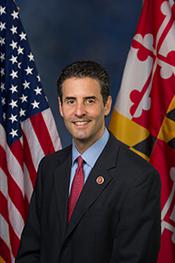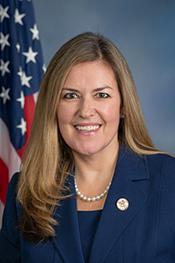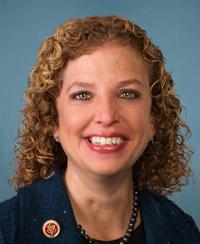0
Freedom to Vote Act
1/4/2025, 11:17 AM
Summary of Bill HR 11
Some key components of the Freedom to Vote Act include:
1. Automatic voter registration: The bill would require states to automatically register eligible voters when they interact with government agencies, such as when applying for a driver's license or receiving social services. 2. Same-day voter registration: The legislation would allow individuals to register to vote on the same day as an election, making it easier for people who may have missed registration deadlines to still participate in the democratic process. 3. Expanded early voting: The bill would mandate that states provide at least 15 days of early voting for federal elections, giving voters more opportunities to cast their ballots at their convenience. 4. Enhanced election security: The legislation includes measures to improve the security of voting systems, such as requiring paper ballots and implementing risk-limiting audits to verify election results. 5. Campaign finance reform: The bill also addresses campaign finance issues by requiring more transparency in political spending and strengthening disclosure requirements for political advertisements. Overall, the Freedom to Vote Act aims to protect and expand voting rights for all Americans, ensuring that every eligible voter has the opportunity to participate in the democratic process.
Congressional Summary of HR 11
Freedom to Vote Act
This bill addresses voter registration and voting access, election integrity and security, redistricting, and campaign finance.
Specifically, the bill expands voter registration (e.g., automatic and same-day registration) and voting access (e.g., vote-by-mail and early voting). It also limits removing voters from voter rolls.
Next, the bill establishes Election Day as a federal holiday.
The bill declares that the right of a U.S. citizen to vote in any election for federal office shall not be denied or abridged because that individual has been convicted of a criminal offense unless, at the time of the election, such individual is serving a felony sentence.
The bill establishes certain federal criminal offenses related to voting. In particular, the bill establishes a new criminal offense for conduct (or attempted conduct) to corruptly hinder, interfere with, or prevent another person from registering to vote or helping someone register to vote.
Additionally, the bill sets forth provisions related to election security, including by requiring states to conduct post-election audits for federal elections.
The bill outlines criteria for congressional redistricting and generally prohibits mid-decade redistricting.
The bill addresses campaign finance, including by expanding the prohibition on campaign spending by foreign nationals, requiring additional disclosure of campaign-related fundraising and spending, requiring additional disclaimers regarding certain political advertising, and establishing an alternative campaign funding system for certain federal offices.





